Solo travel is an increasingly popular trend, offering unparalleled opportunities for self-discovery, adventure, and personal growth. However, one of the biggest concerns for solo travellers is the cost. Navigating the world of solo travel on a budget can be daunting, but with the right strategies, it’s entirely possible to explore the world affordably. In this comprehensive guide, we’ll delve into the world of cheap solo travel, uncovering tips and tricks to help you plan your trip and manage travel costs effectively, to ensure that your next adventure doesn’t break the bank. Whether you’re a seasoned solo traveller looking to save money or considering embarking on your first solo adventure, this guide is your ultimate resource for making solo travel affordable and enjoyable.
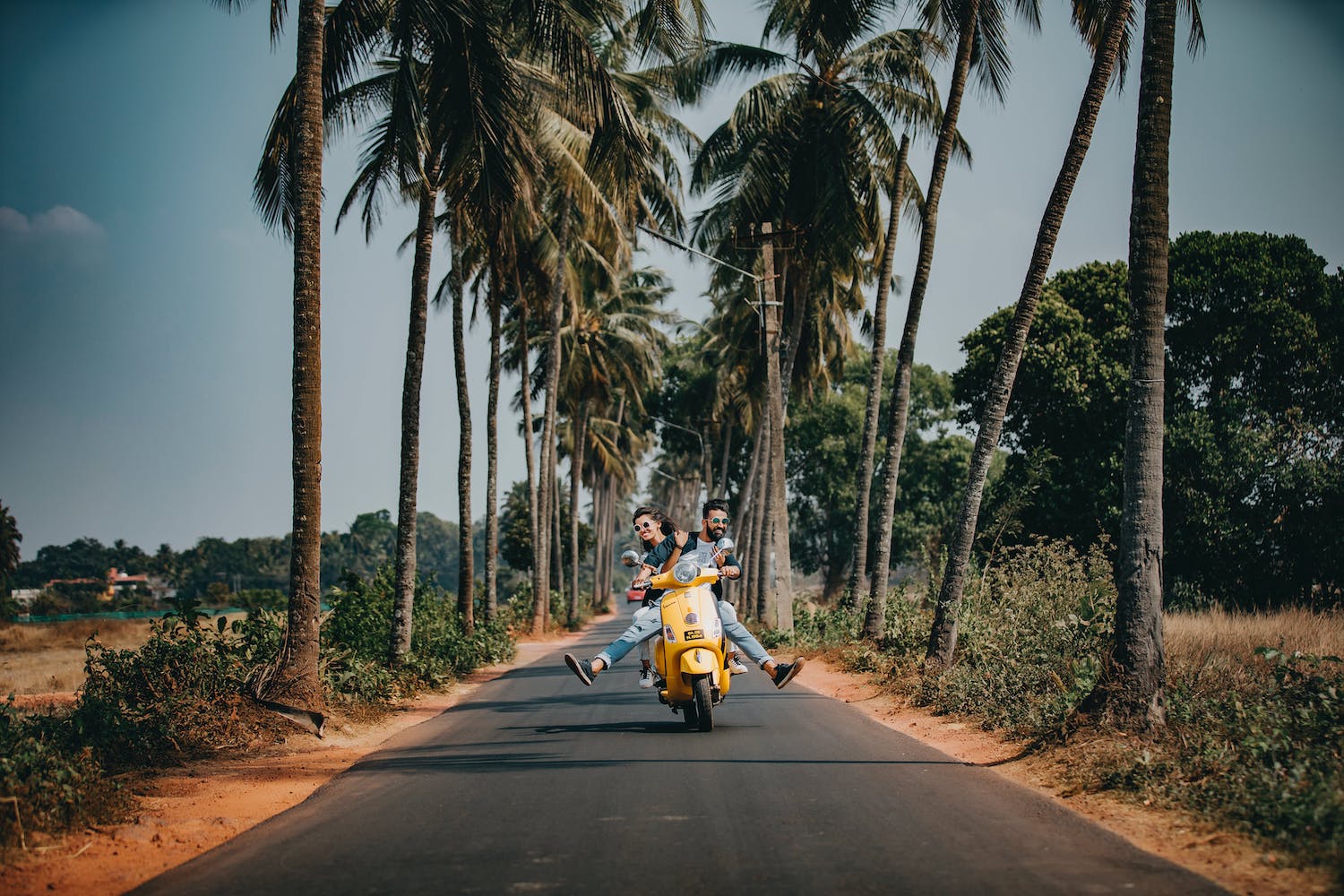
This article contains affiliate links from the Amazon Associate and Travelpayouts programs. Wild Travel Tales will earn from qualifying purchases, at no extra cost to you.
Why Solo Travel?
Solo travel offers a unique and rewarding experience that is unmatched by any other form of travel. Here are some compelling reasons why solo travel is a great idea:
- Personal Growth: Travelling alone allows you to step out of your comfort zone, face challenges head-on, and discover your strengths and weaknesses. It’s an opportunity for self-discovery and personal growth.
- Freedom and Flexibility: When you travel solo, you have the freedom to create your itinerary, change plans on a whim, and explore destinations at your own pace. You can follow your interests without compromise.
- Cultural Immersion: Travelling alone encourages you to interact more with locals, immerse yourself in different cultures, and gain a deeper understanding of the places you visit.
- Confidence Boost: Navigating new destinations, overcoming challenges, and meeting new people can boost your confidence and self-esteem. Solo travel allows you to rely on yourself and trust your instincts.
- Ultimate Independence: Solo travel gives you the opportunity to be entirely self-reliant, making decisions and navigating challenges without depending on anyone else. It’s empowering and liberating.
- Soul Searching: Whether you’re taking a gap year, going through a life transition, or simply in need of some time alone, solo travel provides the perfect opportunity for introspection and reflection.
- Unique Experiences: Travelling alone opens doors to unique experiences and adventures that you may not have encountered if you were with others – like solo hiking the W Trek in Patagonia! From spontaneous encounters to serendipitous discoveries, solo travel is full of surprises.
- New Connections: While solo travel offers independence, it also provides opportunities to meet like-minded travellers, locals, and fellow solo adventurers. You’ll form meaningful connections and friendships along the way.
In conclusion, solo travel is an enriching and transformative experience that offers countless benefits. Whether you’re embarking on your first solo adventure or you’re a seasoned solo traveller, the rewards of solo travel are boundless. So pack your bags, step out of your comfort zone, and embark on the adventure of a lifetime!

Understanding Solo Travel Costs
Solo travel offers incredible freedom and flexibility, but it can also come with unique financial challenges. Understanding the costs involved in solo travel is essential for planning a budget-friendly trip. Here’s a breakdown of the solo travel cost factors to consider:
- Destination: The cost of your solo trip will largely depend on your destination. Some destinations are more budget-friendly for solo travellers than others. Research destinations where the cost of living is low and consider travelling during the off-peak season to save money.
- Time of Year: The time of year you travel can significantly impact your expenses. High season means higher prices for accommodation, transportation, and activities. Consider travelling during the shoulder season or off-peak times when prices are lower and crowds are thinner.
- Travel Style: Your travel style and preferences will also influence your solo travel costs. Backpacking and staying in hostels are often the cheapest options, while luxury travel can be more expensive. Consider your budget and travel preferences when planning your trip.
- Accommodation: Accommodation is one of the biggest expenses for solo travellers. Look for budget-friendly hostels, guesthouses, or Airbnb rentals. Consider sharing accommodation with other solo travellers to split costs and save money.
- Dining: Food costs can add up quickly while travelling solo. Look for budget-friendly dining options such as street food stalls, local markets, and grocery stores. Consider cooking your meals or opting for accommodation that includes breakfast to save money on dining expenses.
- Transportation: Transportation costs will vary depending on your destination and mode of transport. Research affordable transportation options such as public buses, trains, or budget airlines. Consider purchasing transportation passes or booking tickets in advance to save money.
By understanding these solo travel cost factors and implementing money-saving strategies, you can make solo travel more affordable and accessible. In the following sections, we’ll explore practical tips and strategies for budget-friendly solo travel.
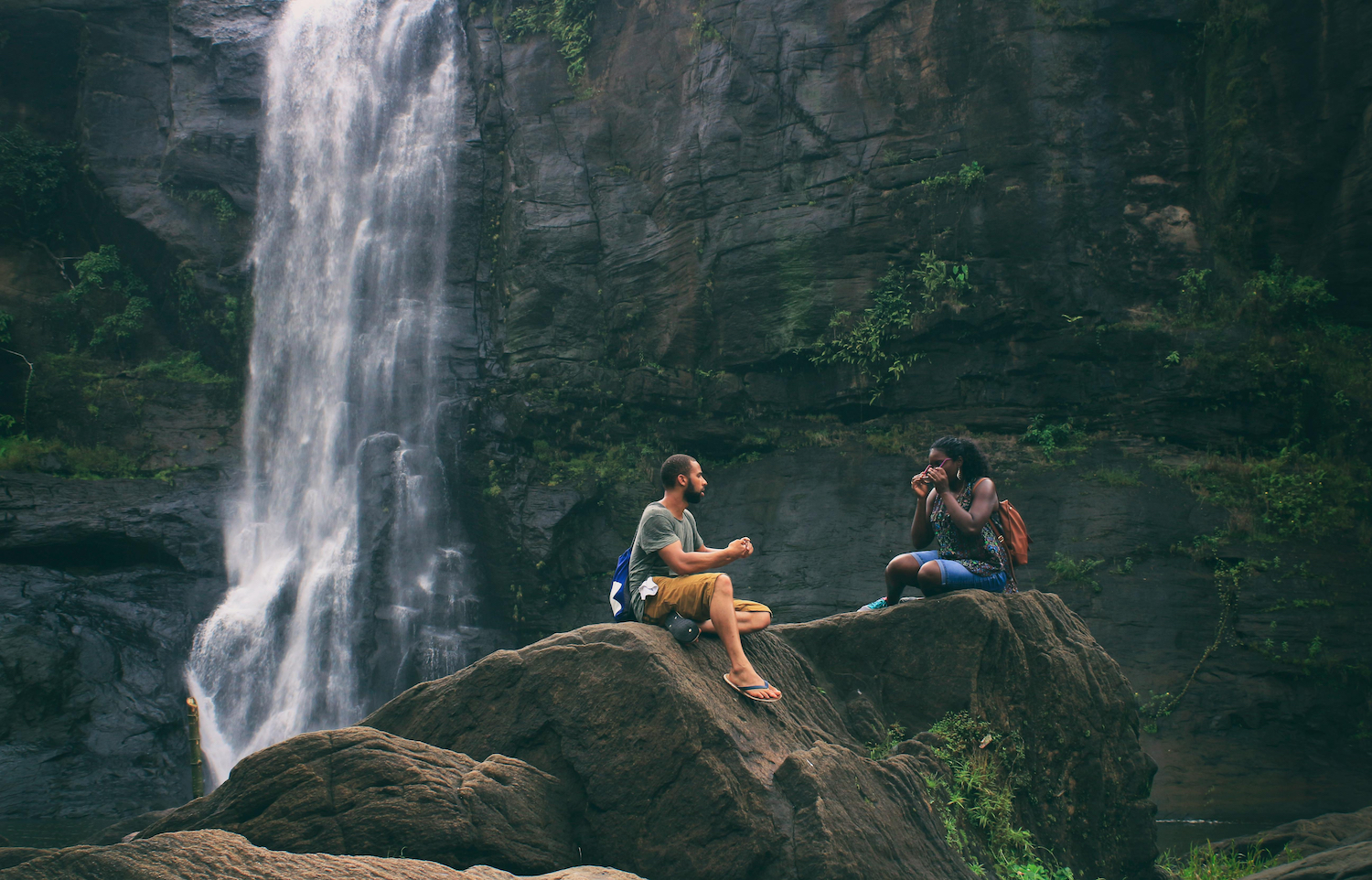
Choosing Budget Destinations
One of the best ways to make solo travel affordable is by choosing budget-friendly destinations. Here’s how to explore affordable solo travel destinations and some real-life examples to inspire your next adventure:
Exploring Affordable Solo Travel Destinations:
- Southeast Asia: Countries like Thailand, Vietnam, Cambodia, and Indonesia are known for their affordability, making them popular choices for solo travellers on a budget. You’ll find cheap accommodation, delicious street food, and plenty of free or low-cost activities to enjoy.
- Eastern Europe: Explore the charming cities and stunning landscapes of Eastern Europe without breaking the bank. Countries like Hungary, Poland, Czech Republic, and Romania offer affordable accommodation, dining, and transportation options, making them ideal for budget-conscious travellers.
- South America: From the vibrant streets of Colombia to the breathtaking landscapes of Peru and Bolivia, South America offers incredible diversity and affordability for solo travellers. Explore ancient ruins, hike through stunning national parks, and immerse yourself in rich cultural experiences without spending a fortune.
Real-Life Examples of Budget-Friendly Destinations:
- Thailand:
- Budget hotel: $6-$18 per night
- Street food meal: $1-$3
- Local transportation: $1-$5 per day
- Hungary:
- Budget hotel: $25-$50 per night
- Casual dining restaurant meal: $5-$10
- Public transportation: $2-$5 per day
- Colombia:
- Budget hotel: $10-$30 per night
- Lunch at a local restaurant: $3-$6
- Taxi ride across the city: $2-$5
Choosing budget destinations for your solo travels allows you to stretch your budget further and enjoy more experiences without breaking the bank. In the next section, we’ll explore tips for finding affordable accommodation and transportation options to further reduce your solo travel costs.
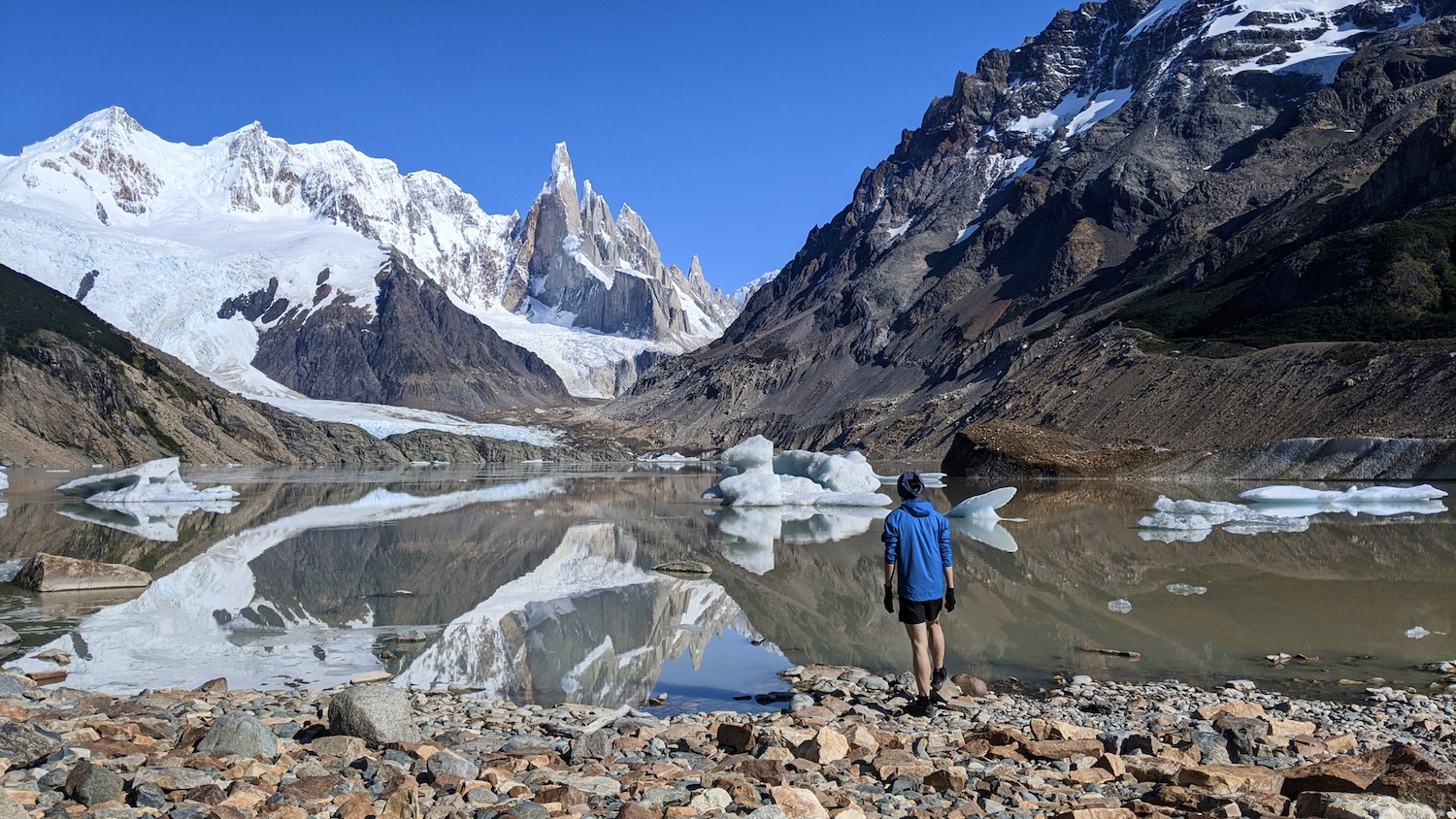
Booking Flights Strategically
One of the biggest expenses of solo travel is often the cost of flights. However, with some strategic planning and the right tools, you can find affordable airfare to your dream destination.
Tips for Finding Cheap Flights:
- Be Flexible with Your Travel Dates: Being open to travelling on weekdays or during off-peak times can help you snag cheaper flights. Use flexible date search options when looking for flights to find the best deals.
- Book Early or Last Minute: Booking your flight well in advance or at the last minute can sometimes result in lower fares. However, this can be risky, so it’s essential to weigh your options carefully.
- Use Flight Comparison Websites: Take advantage of flight comparison websites like Kiwi.com to compare prices from different airlines and find the best deals.
- Sign Up for Price Alerts: Many flight booking websites and apps offer price alert features that notify you when the price of a flight you’re interested in drops. This allows you to book at the lowest possible price.
- Consider Alternative Airports: Flying into smaller or alternative airports near your destination can sometimes result in significant cost savings. Be sure to factor in the cost of transportation from the airport to your final destination.
Using Flight Search Tools Effectively:
- Kiwi.com: Kiwi.com is a powerful flight search engine that allows you to find the cheapest flights by comparing prices from various airlines and booking options. Its innovative “virtual interlining” feature even allows you to combine flights from different carriers to save money on your journey.
- Skyscanner: Skyscanner is another popular flight comparison website that allows you to search for flights, hotels, and car rentals. Its “Everywhere” feature lets you see the cheapest destinations from your departure airport, making it perfect for budget-conscious travellers.
- Google Flights: Google Flights offers a user-friendly interface and powerful search features that make finding cheap flights a breeze. Its “Explore” feature lets you browse destinations based on your budget and travel dates, making it easy to find the best deals.
By using these tips and flight search tools effectively, you can save money on flights and make solo travel more affordable. In the next section, we’ll explore strategies for finding affordable accommodation options for solo travellers.
Finding Affordable Accommodation
Accommodation costs can quickly add up, but there are plenty of affordable options available to solo travellers. Here are some budget-friendly accommodation choices to consider:
Travel Cheap with Hostels for Solo Travellers
Hostels are a popular choice for solo travellers, offering budget-friendly accommodation and the opportunity to meet fellow travellers. Websites like Hostelworld specialise in hostel bookings, allowing you to compare prices, read reviews, and book your stay with ease. Many hostels offer private rooms in addition to dormitory beds, providing solo travellers with affordable options for accommodation.
Affordable Stays with Budget Hotels
Budget hotels are another excellent option for solo travellers looking for affordable accommodation. While they may not offer the social atmosphere of hostels, budget hotels often provide comfortable rooms and essential amenities at a reasonable price. Websites like Booking.com and Hotels.com allow you to search for budget-friendly hotels and compare prices to find the best deals.
Free Accommodation Options for Solo Travellers
For the most budget-conscious travellers, there are even opportunities to find accommodation for free:
- House Sitting: House sitting involves taking care of someone’s home and pets while they’re away in exchange for free accommodation. Websites like TrustedHousesitters and Housecarers connect homeowners with potential house sitters, offering solo travellers the chance to stay in beautiful homes around the world at no cost.
- Home Exchange: Home exchange allows you to swap homes with someone in another destination, providing you with free accommodation while experiencing life as a local. Websites like HomeExchange facilitate home swaps, making it easy to find like-minded travellers looking to exchange homes for a set period.
With these affordable accommodation options, solo travel can be both budget-friendly and enjoyable. In the next section, we’ll explore strategies for staying connected while on the road without breaking the bank.
Stay Connected
Staying connected while travelling solo is essential, but mobile data costs can quickly add up. Here are some tips for accessing affordable mobile data and staying connected on a budget:
Find Affordable Mobile Data
The best way to stay connected while you’re on the move is with a travel SIM card. Our #1 recommendation is Airalo, a global eSIM store that offers affordable data plans for travellers. With Airalo, you can purchase prepaid eSIM data plans for over 190 countries, allowing you to stay connected without the hassle of buying a local SIM card. The plans are flexible, affordable, and can be activated instantly, making them perfect for solo travellers looking to stay connected without breaking the bank.
Free Wi-Fi Hotspots
Another way to save on mobile data costs is by taking advantage of free Wi-Fi hotspots. Many cafes, restaurants, hotels, and public spaces offer complimentary Wi-Fi access to customers. Before travelling, research your destination for locations with free Wi-Fi and plan to use these hotspots whenever possible to minimise data usage.
Avoiding Single Supplements
One of the biggest challenges for solo travellers is the dreaded single supplement, which can significantly inflate the cost of a trip. Here are some strategies to avoid or minimise single supplements and make solo travel more affordable:
Source Trips with No/Low Single Supplements
Many tour companies and cruise lines offer trips with no or low single supplements, making them more accessible to solo travellers. Look for companies that cater specifically to solo travellers or offer special deals for those travelling alone. Websites like Solo Traveler and Solo Holidays regularly feature trips with no or low single supplements, making it easier to find affordable options.
Know the Shoulder Season for Cheaper Travel
High season travel can be expensive, with prices for accommodation, flights, and activities skyrocketing during peak times. Instead, consider travelling during the shoulder season, which occurs just before or after the high season. During this time, prices are lower, crowds are smaller, and you can still enjoy good weather and most attractions. Research the shoulder season for your destination and plan your trip accordingly to save money on single supplements and other travel costs.
By sourcing trips with no or low single supplements and travelling during the shoulder season, solo travellers can avoid hefty fees and enjoy more affordable travel experiences. Next, we’ll delve into the importance of planning ahead and booking accommodations wisely to further reduce solo travel costs.
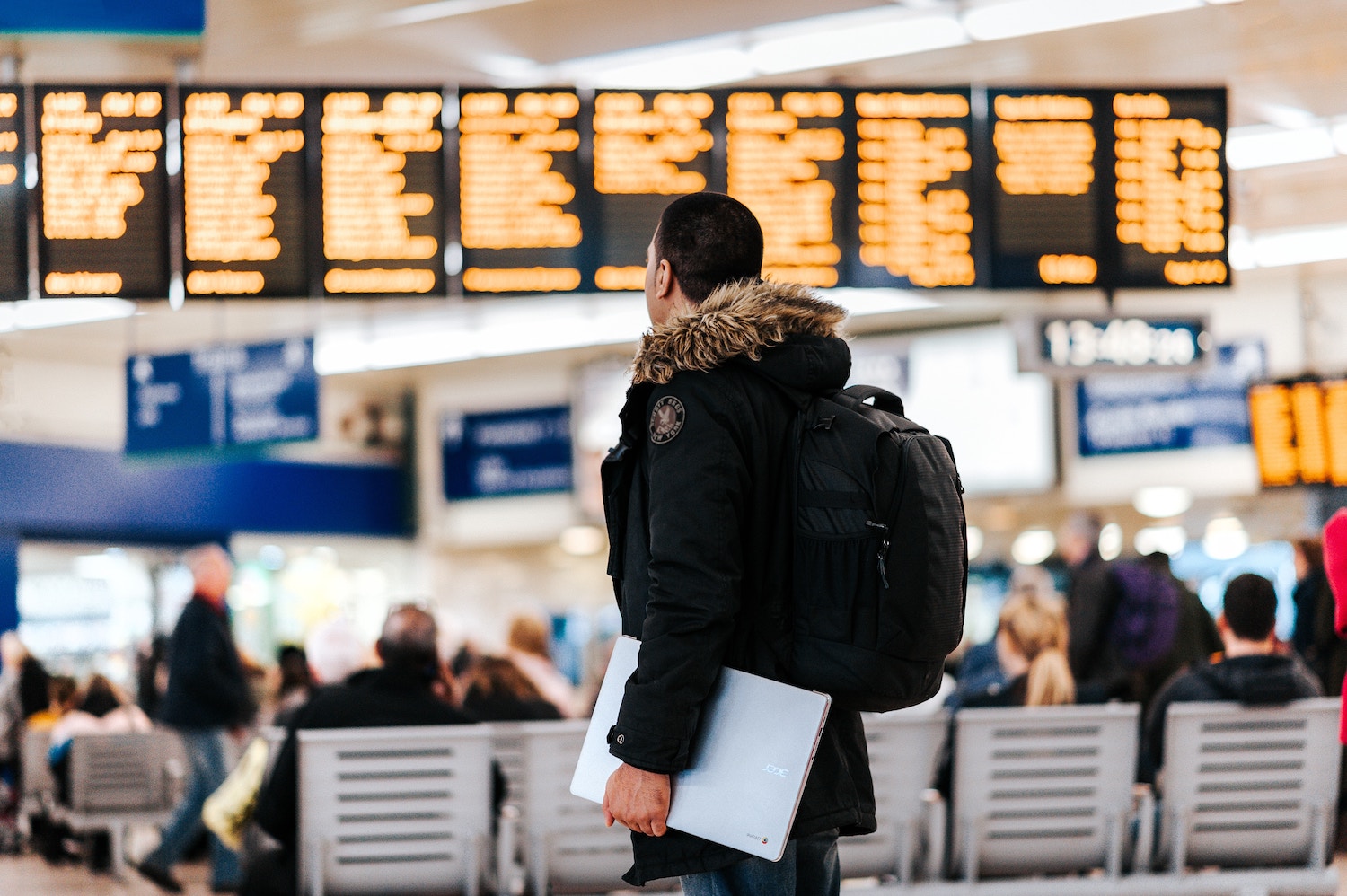
Enjoying Affordable Experiences
Exploring a new destination doesn’t have to break the bank. There are plenty of affordable experiences that solo travellers can enjoy without spending a fortune. Here are some tips for making the most of your travel budget:
City Passes
Many major cities offer city passes that provide discounted access to top attractions, museums, and tours. These passes can help you save money on entrance fees and transportation costs while exploring a new destination. Look for city passes online or at tourist information centers and choose one that offers the best value for your travel plans.
Booking Experiences with Deals
Before booking any tours or activities, search for deals and discounts online. Websites like Groupon often offer discounted rates on guided tours, food and drink experiences, and outdoor activities. Booking in advance can also help you secure lower prices and avoid last-minute surcharges.
Free Walking Tours and Self-Guided Tours
Many cities around the world offer free walking tours led by knowledgeable guides who provide insights into local history, culture, and landmarks. These tours are a great way to explore a new destination on foot and meet other travellers. Additionally, you can find free self-guided tour apps and websites that offer detailed itineraries for exploring cities at your own pace.
Taking Advantage of Free Museum Days and Events
Research free museum days and cultural events happening during your visit. Many museums and galleries offer free admission on certain days of the week or month, allowing you to explore art, history, and culture without spending a dime. Check local event listings and museum websites for information on free days and special exhibitions.
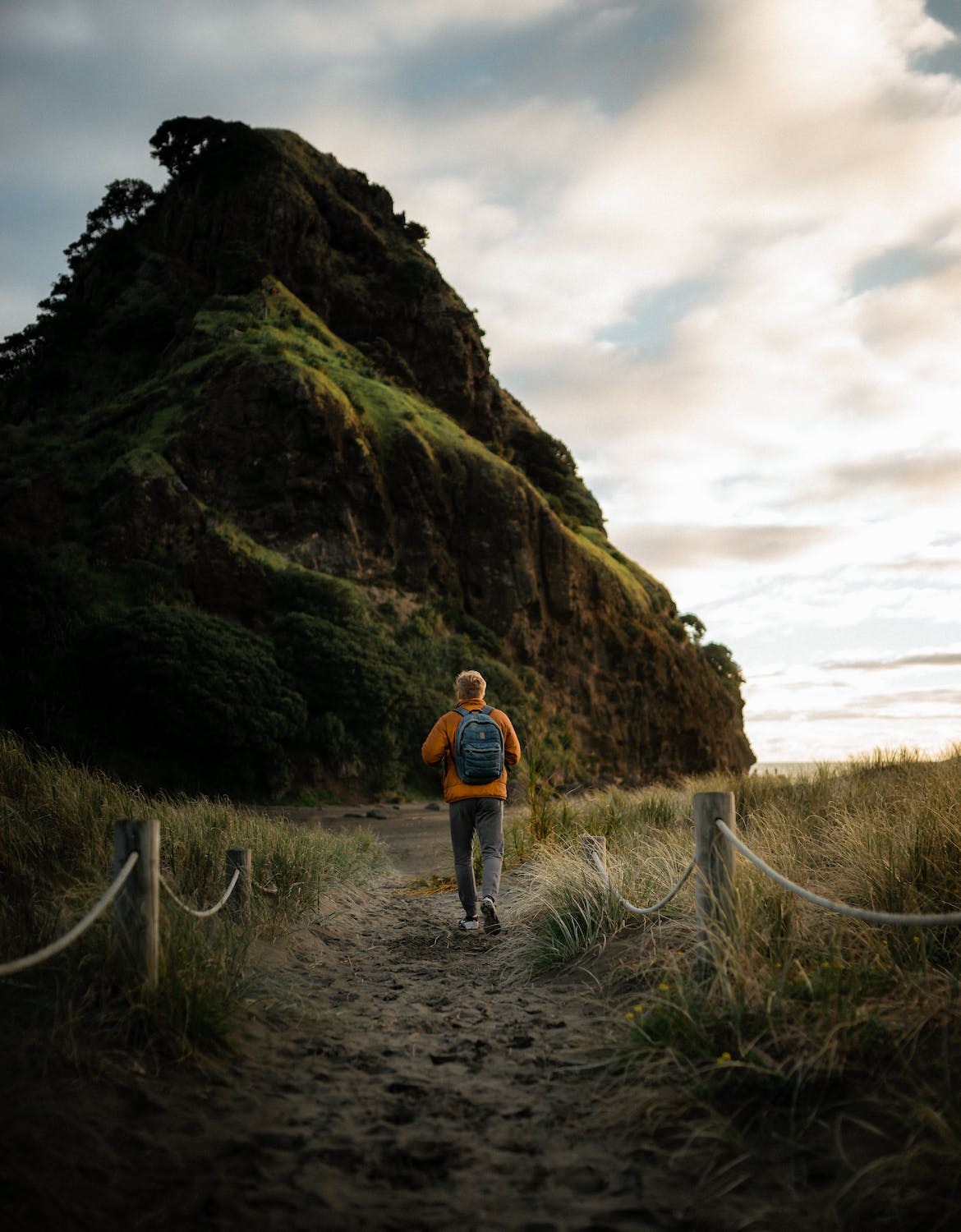
Packing the 10 Essential Items for Backpackers
When you’re setting off on a solo backpacking adventure, every item you pack becomes crucial. Here, we present the top 10 essential items that every solo traveler should include in their backpacking packing list (beyond your basic clothing needs). These indispensable essentials are the result of years of solo backpacking experience, ensuring you’re fully equipped for the journey ahead.
- Travel Backpack: Your backpack is your most essential companion, essential for your solo travel adventures. It’s crucial to strike a perfect balance between space and comfort. We suggest opting for a robust, well-designed backpack within the 40-60 litre range to ensure top-notch comfort and durability throughout your journey.
- Packing Cubes: Maintain order in your backpack with compression packing cubes, ensuring a smooth and efficient packing process while keeping your clothes dry and wrinkle-free.
- World Travel Adapter: Opt for a versatile adapter compatible with various power socket sizes globally, allowing you to charge multiple devices hassle-free. Eliminate the stress of ensuring you have the correct plugs for your destination.
- Portable Power Bank: Solo travel can sometimes lead to unexpected situations like getting lost or experiencing transportation delays. A portable power bank is an essential companion for solo travellers, ensuring that you stay connected and safe throughout your journey.
- Ear plugs: When staying in hostels or traveling on planes, buses, or even camping outdoors, comfortable earplugs are a must. They provide uninterrupted sleep and are invaluable during windy nights.
- Travel Towel: For hostel stays, opt for a microfiber travel towel. These towels are compact, quick-drying, and essential for travellers. Compared to traditional towels, they save weight and space, making them ideal for solo travellers.
- Combination Padlock: When staying in hostels, it’s essential to secure your belongings. A combination padlock is indispensable for locking your bag and securing your belongings in hostel lockers.
- Lifestraw: For solo travellers exploring areas with uncertain water quality, a Lifestraw filter bottle is a lifesaver. It turns any water source into drinkable water, reducing the need for single-use plastic bottles and helping the environment.
- Headlamp: A headlamp is a crucial item for solo travellers, providing a reliable source of light for safety and convenience. It’s particularly useful when navigating in remote areas or after dark.
- First Aid Kit: Finally, a well-equipped first aid kit is essential for solo travellers. Accidents can happen anywhere, and having bandages, antiseptic wipes, pain relievers, burn cream, and tweezers can make a significant difference in an emergency.
Conclusion
Solo travel doesn’t have to drain your bank account. By carefully planning your trip, choosing budget-friendly destinations, and taking advantage of affordable accommodation and experiences, you can explore the world without breaking the bank. Remember to book your flights strategically, search for free accommodation options, and find affordable mobile data to stay connected on the go. With a bit of research and flexibility, solo travel can be both affordable and rewarding, allowing you to see the world on your terms while sticking to your budget. So pack your bags, hit the road, and enjoy your next solo adventure without worrying about the cost!
FAQs
Solo travel on a budget is easier than ever with careful planning, affordable destinations, and money-saving tips for accommodation, transportation, and experiences.
To cheaply travel solo, consider budget-friendly destinations, book flights strategically, use affordable accommodation options like hostels, and take advantage of free or low-cost experiences.
Travelling alone can be cheaper than travelling with others, especially if you’re flexible with your plans, choose budget-friendly destinations, and take advantage of solo travel discounts.
The average cost of a solo vacation varies depending on factors like destination, travel style, and duration, but solo travellers can typically expect to spend between $500-$1,500 per week.
Southeast Asia, particularly countries like Thailand, Vietnam, and Indonesia, is known for being one of the cheapest places to solo travel due to its affordable accommodation, food, and transportation.
While safety depends on various factors, countries like Iceland, New Zealand, Japan, Norway, and Switzerland are generally considered safe for solo travellers due to their low crime rates and welcoming locals.
Risks of travelling alone include safety concerns, loneliness, and the lack of support in case of emergencies, but with careful planning, research, and common sense, these risks can be minimised.
Solo travellers often stay in hostels, budget hotels, or use alternative accommodations like house-sitting, home exchanges, or couch-surfing to save money and meet other travellers.
To travel alone and have a good time, plan your trip well in advance, choose destinations and activities that interest you, stay open to new experiences, and be proactive in meeting people and making connections along the way.
